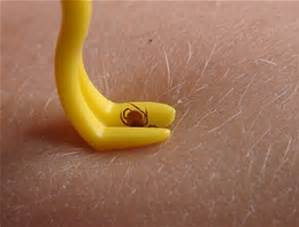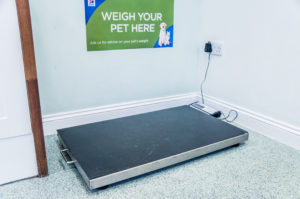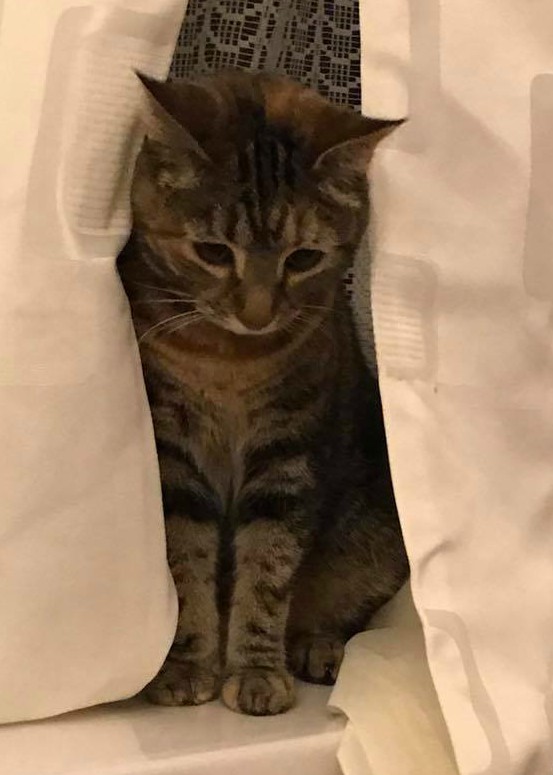Arthritis and your pet.
Arthritis and your pet.
Arthritis in pets is a lot more common than you may think! Any joint can be affected, our Autumn Pet News explains the signs to watch out for in your pet. If you have concerns about arthritis and your pet do not hesitate to contact our friendly team for more advice.

Arthritis and your pet.
![]()
Autumn alert!
As the Autumn nights draw in, we’ve put together some top seasonal tips to help keep your pet safe and well. Our Autumn Pet News talks about the parasites to watch out for and the pet poisons that could be lurking in your home or garage. If you suspect your pet has ingested a pet poison do not hesitate, seek veterinary advice immediately.

Diet dilemmas
Are you feeling overwhelmed about the different diets available for your pet, don’t worry, you are not alone! Our Autumn Pet News discusses what to look for when choosing a diet. If you need further advice on choosing a diet to suit your pet, please do not hesitate to ask our friendly team. Whichever diet you do choose, don’t forget to feed the correct quantities to help your pet maintain a healthy waistline!

We hope that you enjoy reading our Autumn Pet News, if you have a query on any of the articles mentioned please do not hesitate to discuss them with one of our friendly vets.
With the seasons changing it is important to be aware that this could bring new pet poisons into your home. Have you seen our Pet Poisons Guide – Click here to check the items in your home and garage.





